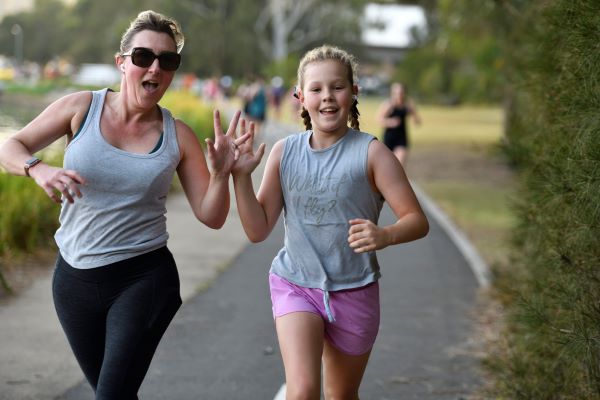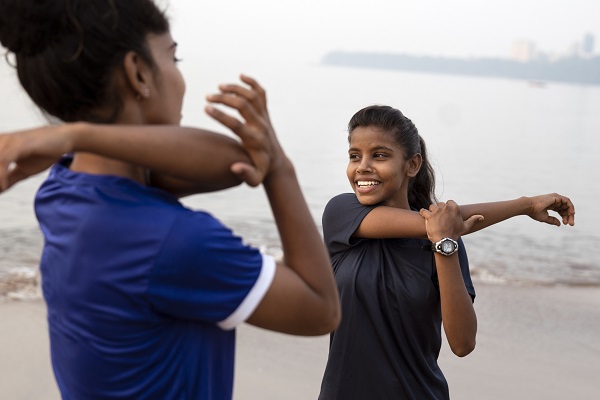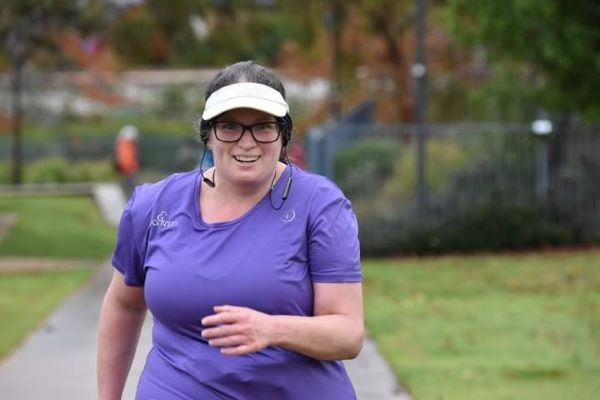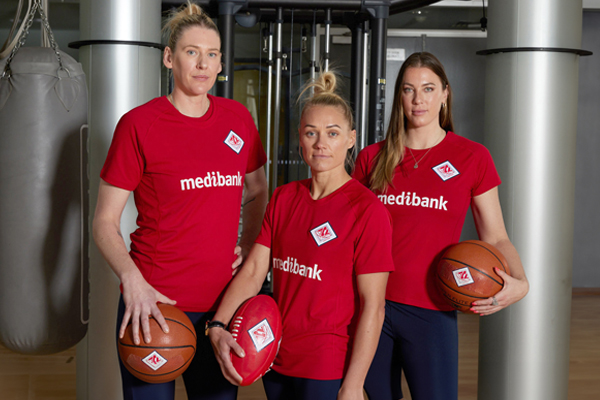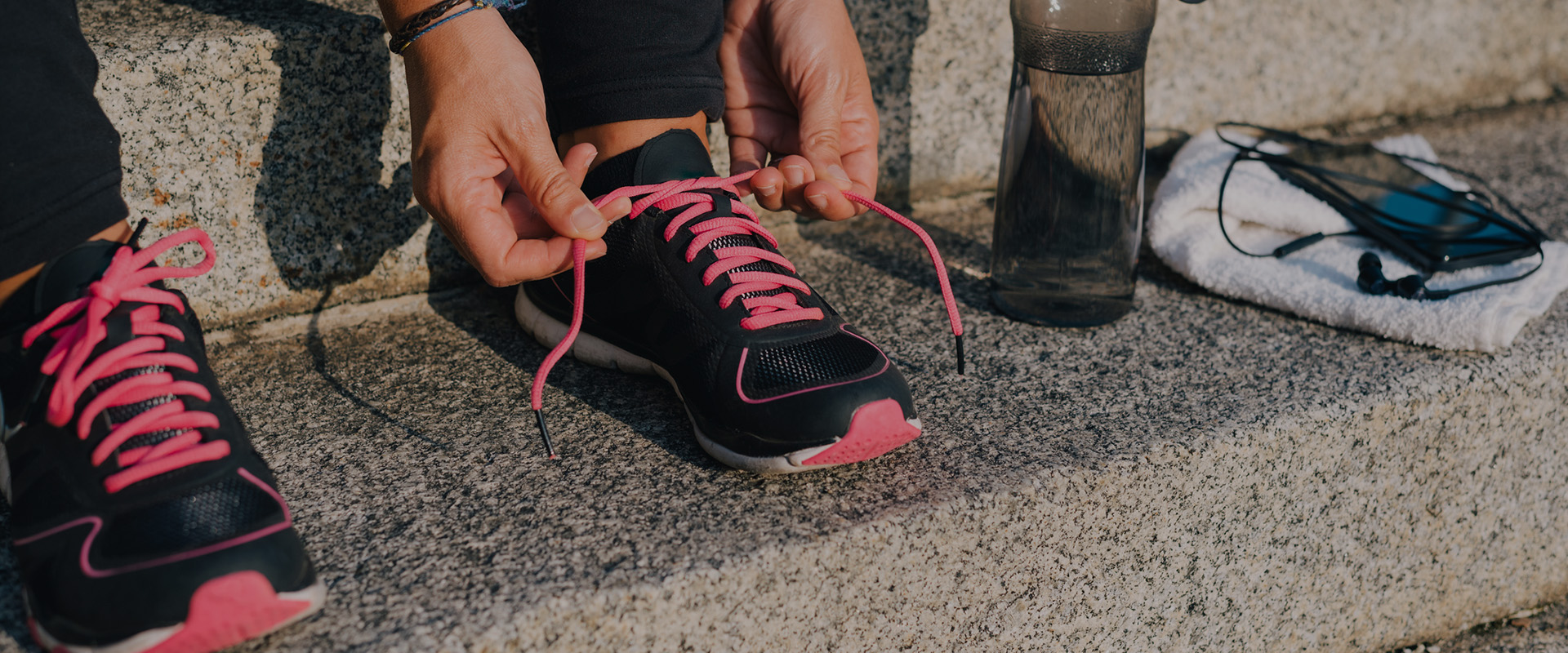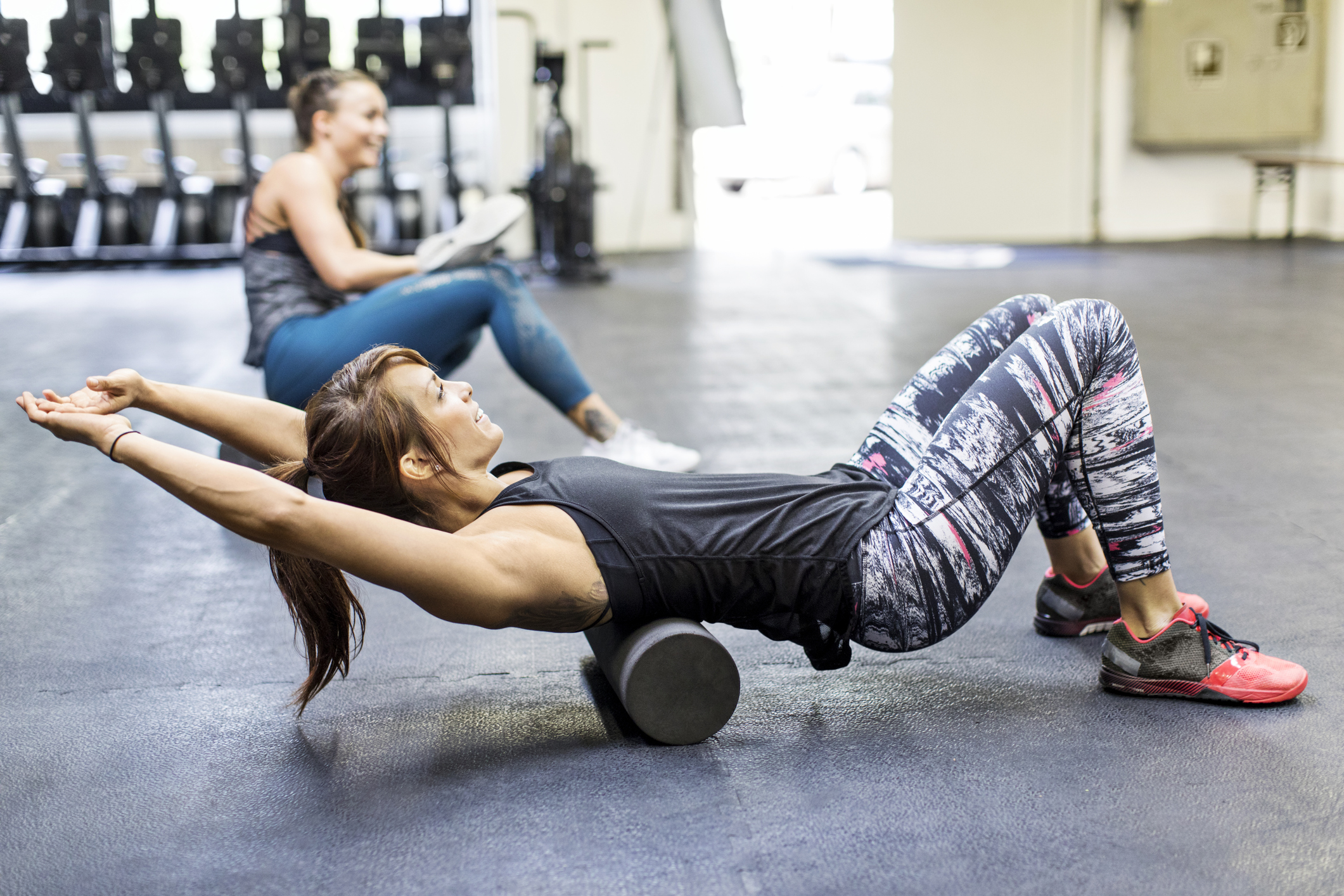-
From racing to the swings to throwing a ball in the backyard, a child’s love of sport and physical activity can start young. While that might mean you need to keep a slightly closer eye on them, it also means your child can enjoy the health benefits that come with keeping active from an early age.
Physically active children dramatically reduce their risk of getting sick and helps manage mental health issues such as anxiety and depression. Participation in sport has also been shown to aid mental and emotional wellbeing, and assist with learning in the classroom. Looking to the future, having a healthy sport routine may help prevent chronic health conditions such as heart disease and type 2 diabetes.
On the social side of things, organised sport can also help teach kids how to share, learn how to cooperate and listen to their peers, and build their network of friends. Semi-regular participation in sport can also provide a healthy break from screen-time.
However, playing sport and exercising does not come without the risk of injuries, some of which can be more serious and long-lasting than a scraped knee. The great news is, Sports Medicine Australia found that at least half of all sporting injuries in children can be prevented.
Here’s how to keep your kids well-equipped
The correct equipment, properly fitted, is key to helping protect your child from injury while playing sport. Depending on the sport, safety equipment can include:
- mouthguards (fitted by a dentist)
- helmets
- protective eyewear
- shin pads, knee, elbow and wrist guards
- gloves
- shoes specifically designed for the sport they’re playing.
All equipment should meet Australian standards, be regularly checked and replaced as needed.
What warms up must cool down
While it’s easy to attribute injuries to ‘bad luck’, they’re often the result of bad preparation. A key part of preparation is a warm up, which can include anything from a brisk walk or light jog, to a set of drills. Exercises like these help loosen the muscles in preparation for physical activity, thereby reducing the risk of muscle strains. Warm ups and cool downs might feel easy to skip when you’re crunched for time, but try not to; they should be as much a part of your childs routine as tying shoe laces.
Give modified sports a go
The younger your child, the easier their sporting activities should be. Match their physical and mental maturity to the level of participation, complexity and rules. Also, make sure coaches and teachers are aware of their complete sporting schedule. Not ready for the big leagues? No problem. There’s Auskick for AFL, Hots Shots for tennis and Miniroos for soccer… these sporting programs are tailored for little bodies.
Mix it up!
Focusing on one sport may lead to overuse injuries, so it’s a good idea to mix up their sporting routine. A mix of activities like swimming, tennis and dancing are all great forms of moderate exercise that will help your child get their 60 minutes of physical activity per day.
Practice with them
Head to your local park or just get out in the backyard to practice with your child. Practicing together will help build confidence and important skills like catching and jumping and you may even sneak a little exercise in for yourself!
Manage any pre-existing conditions
If your child suffers from asthma, make sure they have a Ventolin on or near them at all times, and ensure your childs asthma action plan is current and is shared with the coach. If you don’t have a plan, your GP can help. Consider letting another parent know about any pre-existing conditions; it never hurts to have an extra set of eyes looking out for your child’s wellbeing. Similarly, make sure your child knows how to articulate their own health needs to an adult if need be.
If they have an injury, wait until it’s fully healed before starting up sport again. You can book in to see a Member’s Choice Physio if your child needs extra support for their recovery.
If you have any questions relating to childhood injury prevention, please call the Medibank 24/7 Nurse Service, or speak to your GP.
Set your kids up to play sport safely

-
Everything you need to know about parkrun
Been wondering what a parkrun looks like? Where do you go? What do you do? How do you sign up? Find out here.
-
Five ways to exercise when on a budget
You don’t need to spend money on gym memberships just to meet your fitness goals. Here are five free ways to stay healthy and active when you’re living on a budget.
-
How parkrun changed my life
Christie Farrow went from being an exercise-phobe to a true blue runner with parkrun.
-
Australia's top female athletes unite on ACL injury
Some of Australia's most talented athletes have joined forces to highlight the unique injury challenges women face.
-
How to create your perfect summer fitness plan
Be inspired by the sunshine and get moving
-
The essential foam rolling routine
Improve posture and flexibility with this essential foam rolling routine. Discover effective stretches to ease muscle tightness and enhance your daily movement.
Subscribe to receive the best from Live Better every week. Healthy recipes, exercise tips and activities, offers and promotions – everything to help you eat, move and feel better.
By clicking sign up I understand and agree to Medibank's privacy policy
